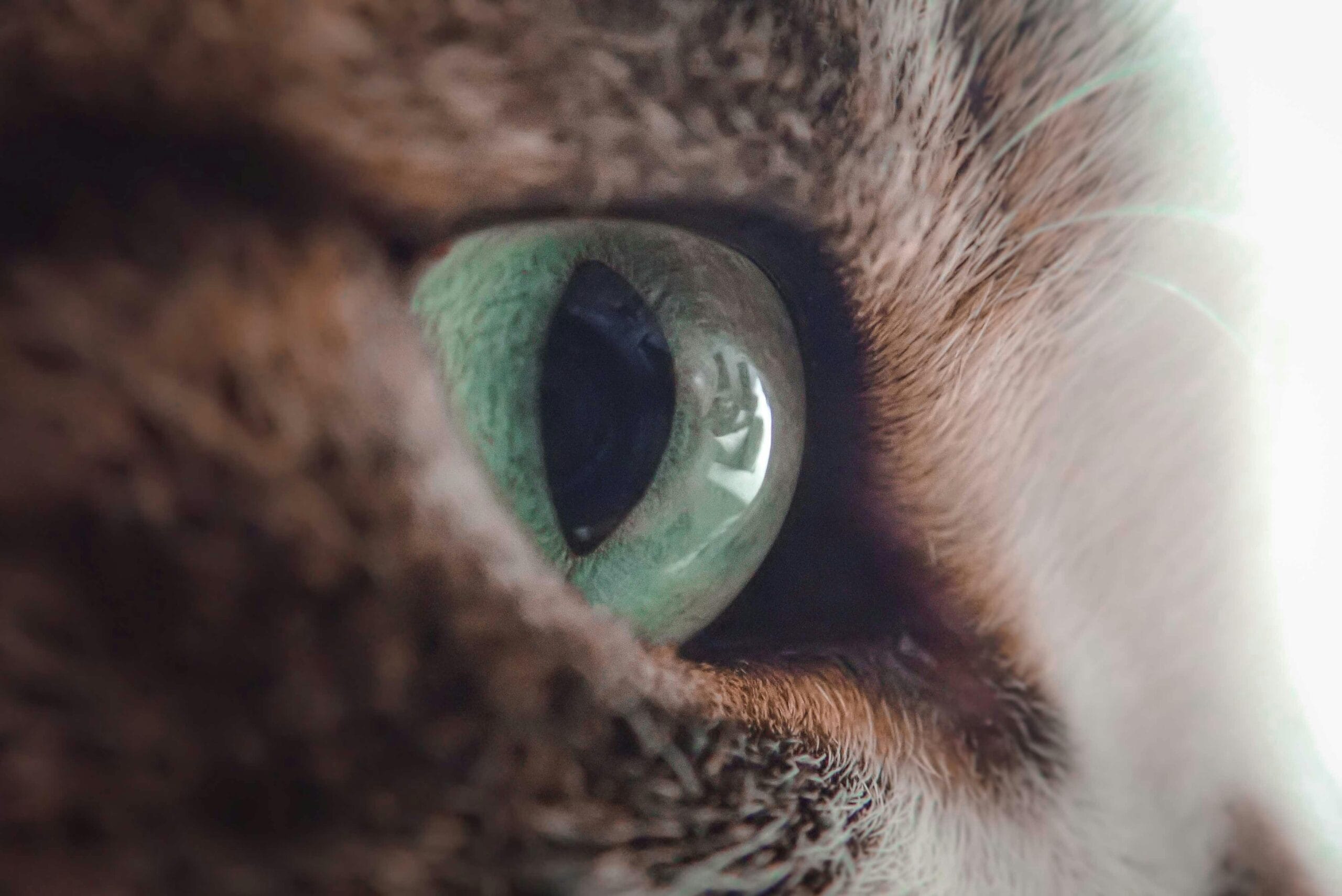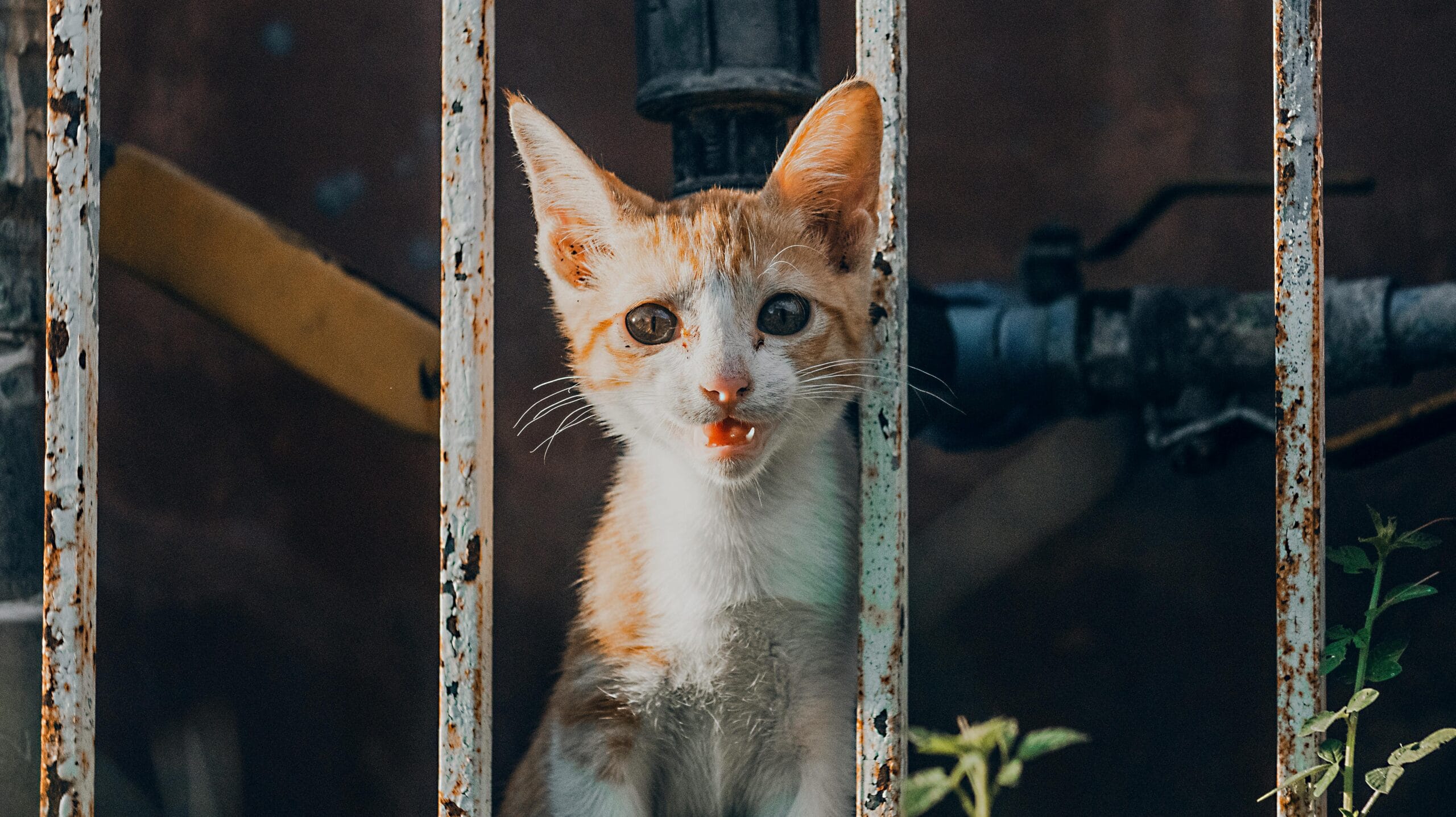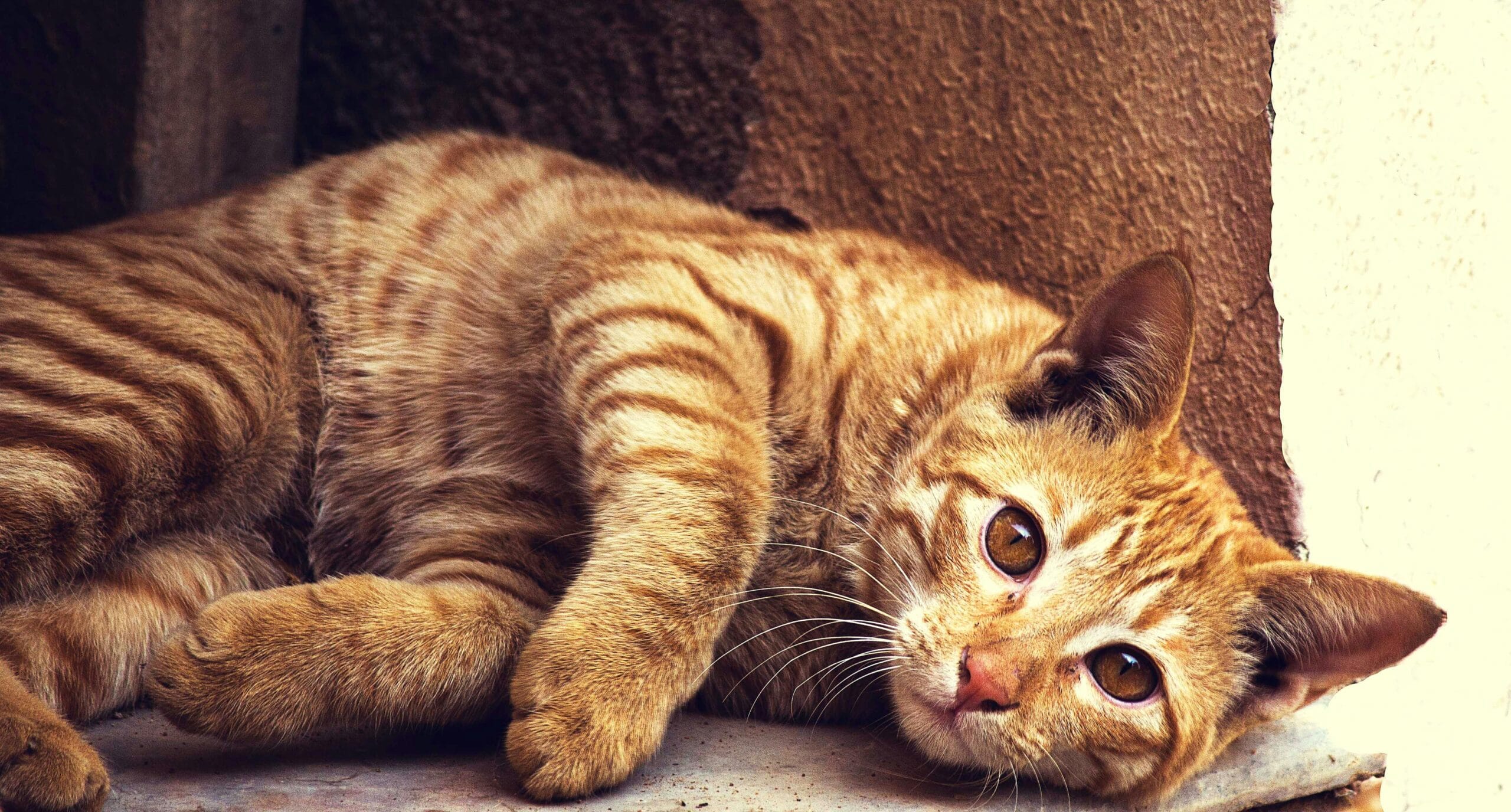Should You Touch Newborn Kittens ?

Should You Touch Newborn Kittens? Learn essential Handling Newborn Kittens tips & Newborn Kitten Care advice. Discover crucial information to ensure their health and well-being! Read now!
Should You Touch Newborn Kittens? A Comprehensive Guide to Newborn Kitten Care
The irresistible charm of tiny, fluffy kittens is undeniable. Their playful antics and adorable meows tug at our hearts. But when it comes to newborn kittens, the question arises: Should you touch newborn kittens? The answer isn’t a simple yes or no. Understanding the nuances of handling newborn kittens and proper newborn kitten care is crucial for their well-being and survival.
Understanding the Critical Period: The First Few Weeks
The first few weeks of a kitten’s life are incredibly delicate. Their immune systems are still developing, making them vulnerable to illness and infection. Their mother plays a vital role in their survival, providing warmth, nourishment, and protection. During this period, unnecessary handling can disrupt this crucial bond and potentially harm the kittens. This is why the question, “Should you touch newborn kittens?” often requires a cautious approach.
The Importance of Maternal Care
A mother cat instinctively knows how to care for her newborns. She cleans them, regulates their body temperature, and nurses them. Interfering too much can lead to the mother rejecting her kittens or causing unnecessary stress. Observe the mother cat’s behavior; if she seems stressed or agitated by your presence, it’s a clear sign to maintain a safe distance. Remember, her natural instincts are key to successful newborn kitten care.
Assessing the Situation: When Intervention Might Be Necessary
While minimizing handling is generally recommended, there are instances where intervention is necessary. If you discover orphaned kittens or notice signs of illness or neglect (such as a mother cat failing to groom or nurse her kittens adequately), immediate action is required. In these scenarios, seeking advice from a veterinarian or experienced animal rescue organization is paramount. They can guide you on the best course of action for handling newborn kittens in distress.
Handling Newborn Kittens: A Gentle Approach
Even when intervention is needed, gentle and careful handling newborn kittens is vital. Rough or clumsy handling can easily injure these fragile creatures. Here are some guidelines to follow:
Hygiene and Cleanliness: Preventing the Spread of Infection
Before handling any kitten, particularly newborns, wash your hands thoroughly with soap and water. This simple step significantly reduces the risk of spreading infection. Avoid using strong-smelling soaps or lotions, as these can be overwhelming to the kittens’ sensitive senses. Remember, preventing disease is a key aspect of newborn kitten care.
Minimizing Contact and Limiting Duration
Keep interactions brief and infrequent. Extended handling can stress the kittens and disrupt their development. If you must handle them, do so gently and supportively. Avoid lifting them by their scruff, as this can be painful. Instead, support their bodies with both hands, gently cradling them.
Monitoring Their Body Temperature: A Crucial Aspect of Newborn Kitten Care
Newborn kittens are highly susceptible to hypothermia. Their ability to regulate their body temperature is limited, making it crucial to monitor their warmth, especially if they’re separated from their mother. A warm, safe environment is vital for their survival and a key part of comprehensive newborn kitten care.
Signs You Should Seek Veterinary Attention
Knowing when to seek professional help is crucial for the health and well-being of newborn kittens. Several warning signs indicate the need for immediate veterinary attention. These include:
- Lethargy or weakness
- Diarrhea or vomiting
- Difficulty breathing
- Dehydration (sunken eyes, lack of skin elasticity)
- Failure to thrive (lack of weight gain)
- Unusual discharge from eyes or nose
If you observe any of these symptoms, contact your veterinarian or a local animal emergency service immediately. Timely intervention can significantly improve the kitten’s chances of survival.
The Long-Term Effects of Early Handling
While minimizing handling is essential in the first few weeks, appropriately handled kittens tend to develop into more confident and well-adjusted cats. Early, positive socialization can help them to become comfortable around humans and other animals. However, remember that this socialization must be gentle and respect the kitten’s needs. Over-stimulation at a young age can lead to behavioral issues later on.
Should You Touch Newborn Kittens? The Verdict
To answer the central question, “Should you touch newborn kittens?” the short answer is: usually not. Minimize handling in the first few weeks, unless absolutely necessary. If you must handle them, do so with extreme care, gentleness, and hygiene. The mother cat is best equipped to nurture them. If you find orphaned kittens or those needing assistance, seek help from a veterinarian or animal rescue. Providing a safe, warm, and clean environment is the best approach to newborn kitten care.
Remember, responsible pet ownership includes making informed decisions that prioritize the health and well-being of the animals under your care. This requires a deep understanding of animal behavior, their developmental stages and the importance of prioritizing their natural instincts. For more information about feline neonatal care, consult the resources available on the ASPCA website which provides a wealth of knowledge on animal care.
Understanding the delicate balance between human interaction and the natural needs of newborn kittens is key. By following the guidelines outlined above, you can contribute to their healthy development and successful transition into adulthood. Proper handling newborn kittens is crucial, but sometimes, observing from afar is the best course of action. For more detailed guidelines on newborn kitten care, consult your veterinarian. This will help you understand the unique needs of each kitten and guide you in making the most appropriate decisions.
The Cornell University College of Veterinary Medicine also offers excellent resources on feline health and care. Their website is a great place to find additional information and advice from veterinary professionals.
Remember, respecting a mother cat’s natural instincts is vital for the well-being of her kittens. By following this advice on handling newborn kittens you can play a vital role in their successful development. This contributes to the comprehensive newborn kitten care that these vulnerable creatures need.
For further support and information about newborn kitten care, you can explore the resources provided by the American Veterinary Medical Association (AVMA). They offer helpful advice and guides for pet owners.
Share Your Experience!
Have you had experience with handling newborn kittens or providing newborn kitten care? Share your stories, tips, and advice in the comments below! Let’s build a supportive community for responsible pet owners who are passionate about providing the best possible care for their feline companions. Your experience with Should You Touch Newborn Kittens could help other readers!

Frequently Asked Questions: Should You Touch Newborn Kittens?
1. Should you touch newborn kittens?
No, you should generally avoid touching newborn kittens (0-2 weeks old) unless absolutely necessary. Handling them too much can stress the mother cat and disrupt their bond, potentially leading to her rejecting them. Focus on newborn kitten care from a distance, observing their health and ensuring the mother is adequately caring for them.
2. When is it okay to handle newborn kittens?
After approximately 2 weeks, kittens start to become more robust and less reliant on their mother for warmth. Even then, handling newborn kittens should be gentle and limited. Observe the mother’s cues; if she seems anxious or aggressive, give them space.
3. How often should I handle newborn kittens?
Very infrequently, especially in the first few weeks. Let the mother cat do the majority of the nurturing. Excessive handling newborn kittens can interfere with their development and bonding with their mother.
4. My newborn kitten seems sick, should I touch it?
If you suspect illness, contact a veterinarian immediately. While you shouldn’t unnecessarily handle a sick kitten, gentle observation and assessment might be necessary for the vet to understand its condition. Prioritize professional newborn kitten care advice.
5. Will touching newborn kittens make the mother reject them?
Yes, it’s a significant risk. Humans have a different scent than cats, and excessive handling can leave your scent on the kittens, causing the mother to perceive them as a threat and potentially reject them. This is crucial for understanding whether Should You Touch Newborn Kittens
6. What if the mother cat isn’t caring for her kittens?
If the mother cat is neglecting or abandoning her kittens, consult a veterinarian or a rescue organization immediately. They can assess the situation and provide appropriate newborn kitten care, potentially including hand-rearing the kittens.
7. How do I safely handle a newborn kitten if I must?
Wash your hands thoroughly before and after any contact. Support the kitten’s body gently, using both hands. Avoid squeezing or applying pressure. Keep interactions short and minimize stress. This is important when considering Should You Touch Newborn Kittens.
8. My kitten is 4 weeks old, can I handle it more now?
At 4 weeks, gentle handling is becoming more acceptable, but still be cautious. Gradually introduce short play sessions, always observing the kitten’s comfort level and the mother cat’s reaction. Continue focusing on proper handling newborn kittens techniques.
9. What are the signs of a stressed newborn kitten?
Signs include hiding, excessive mewing, lethargy, or refusal to feed. If you observe any of these, minimize handling and contact a veterinarian to discuss newborn kitten care concerns.
10. What’s the best way to ensure proper newborn kitten care?
Observe the mother cat’s caregiving abilities. Ensure the kittens have a warm, clean, safe environment. Provide the mother with proper nutrition. Consult a vet if you have any concerns. Prioritize the mother’s ability to nurture her kittens before considering Should You Touch Newborn Kittens.

Should You Touch Newborn Kittens? Practical Tips and Health Considerations
Touching newborn kittens requires careful consideration. While the urge to cuddle is strong, premature handling can negatively impact their health and development. This guide offers practical tips and health considerations to help you decide.
When to Avoid Touching Newborn Kittens:
First few weeks are crucial: Avoid handling kittens under 2 weeks old unless absolutely necessary (e.g., veterinary care). Their immune systems are extremely fragile, and human contact can expose them to diseases. Their mother’s care is essential for warmth, nourishment, and cleaning.
Signs of illness: If a kitten appears lethargic, weak, has discharge from eyes or nose, or isn’t nursing properly, avoid touching it and contact a veterinarian immediately.
Mother’s stress: A stressed mother cat may reject her kittens if she perceives a threat from human interaction. Observe her behavior carefully. If she seems anxious or aggressive, maintain distance.
When and How to Handle Newborn Kittens Safely:
After 2 weeks (with caution): Gentle handling can begin after two weeks, but keep sessions short (a few minutes at most).
Hygiene is paramount: Wash your hands thoroughly before and after handling. Avoid touching your face while handling the kittens.
Gentle movements: Support the kitten’s body gently, avoiding harsh movements. Handle them with clean, warm hands.
Observe the mother: Always monitor the mother cat’s reaction. If she seems unhappy, cease handling immediately.
Veterinary guidance: If you have any concerns, consult a veterinarian or experienced animal rescue organization. They can advise on safe handling practices.
Health Risks Associated with Premature Handling:
Disease transmission: Humans can easily transmit diseases to vulnerable kittens.
Stress and rejection: Excessive or improper handling can stress the kittens and cause the mother to reject them.
Injury: Accidental injury from clumsy handling is possible.
SEO Keywords:
newborn kittens, handling kittens, touch newborn kittens, kitten care, kitten health, mother cat, kitten development, safe handling, kitten hygiene, veterinary care